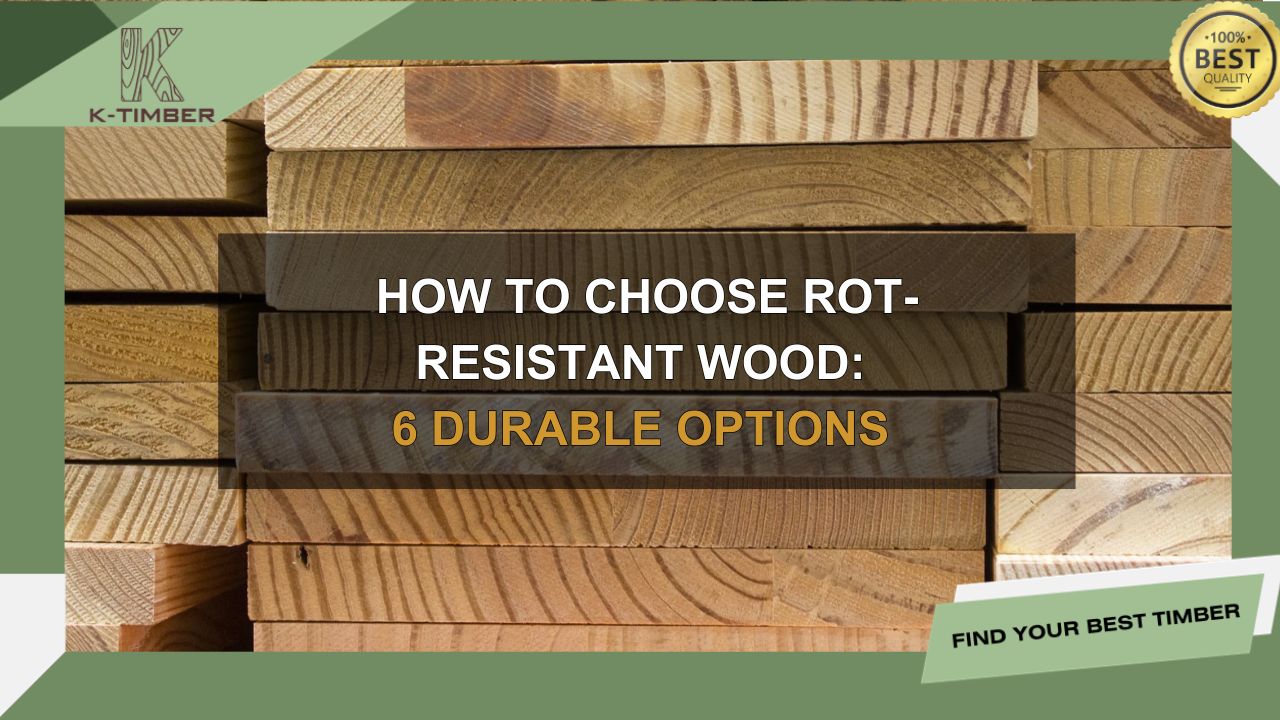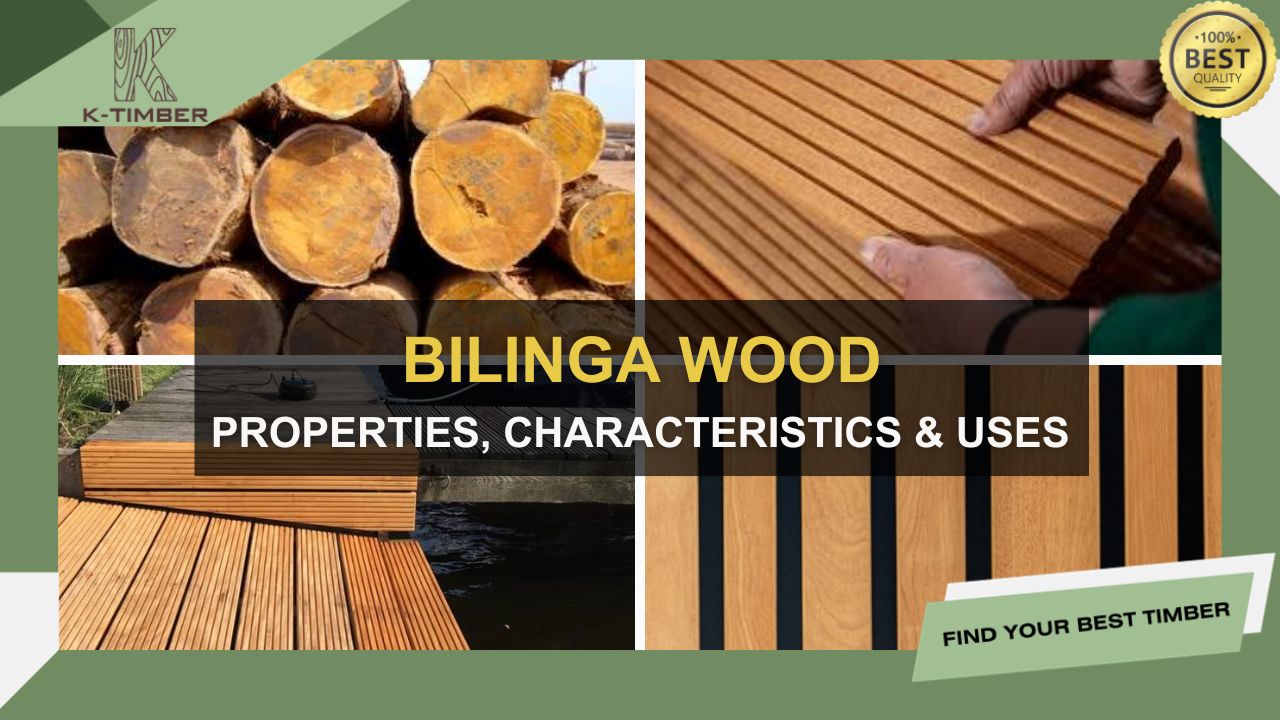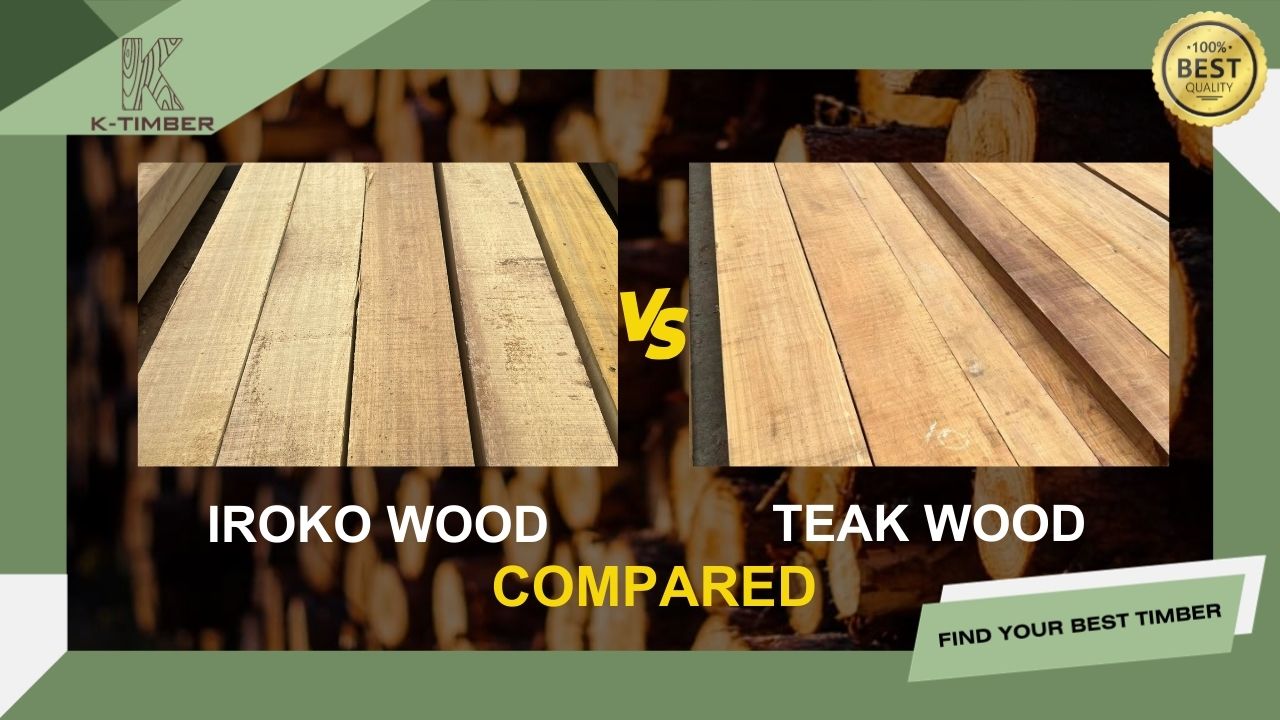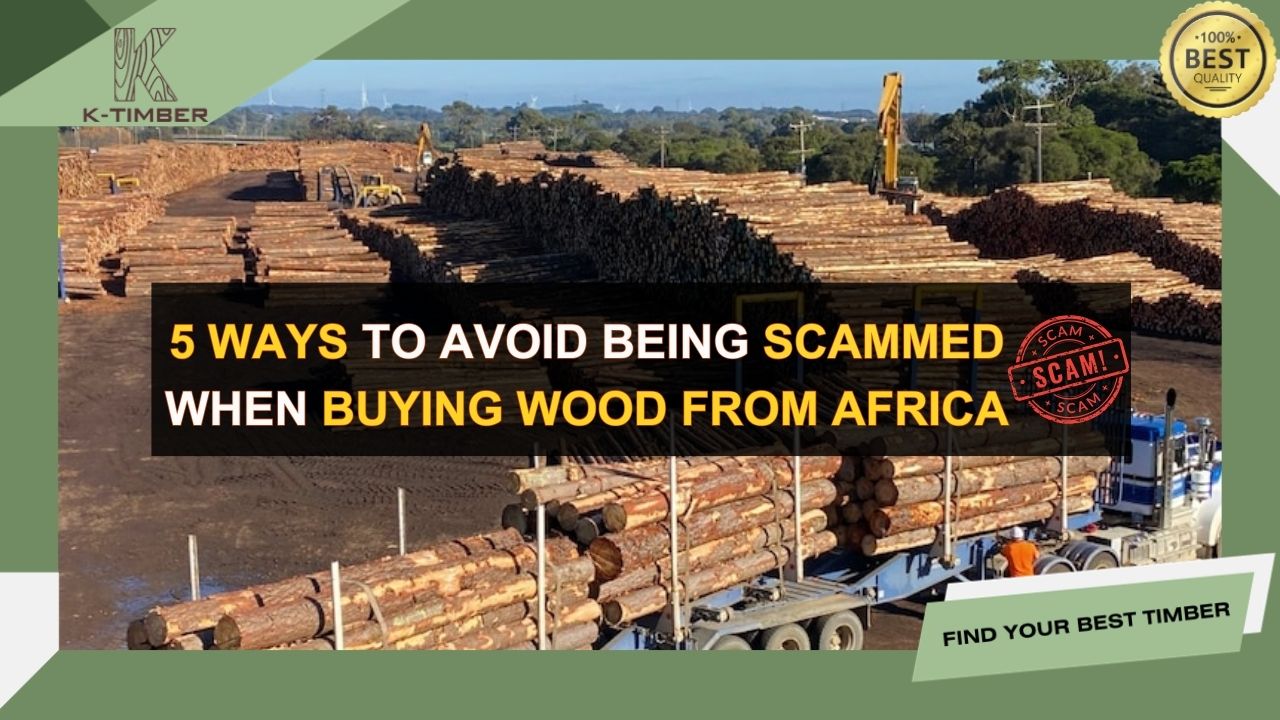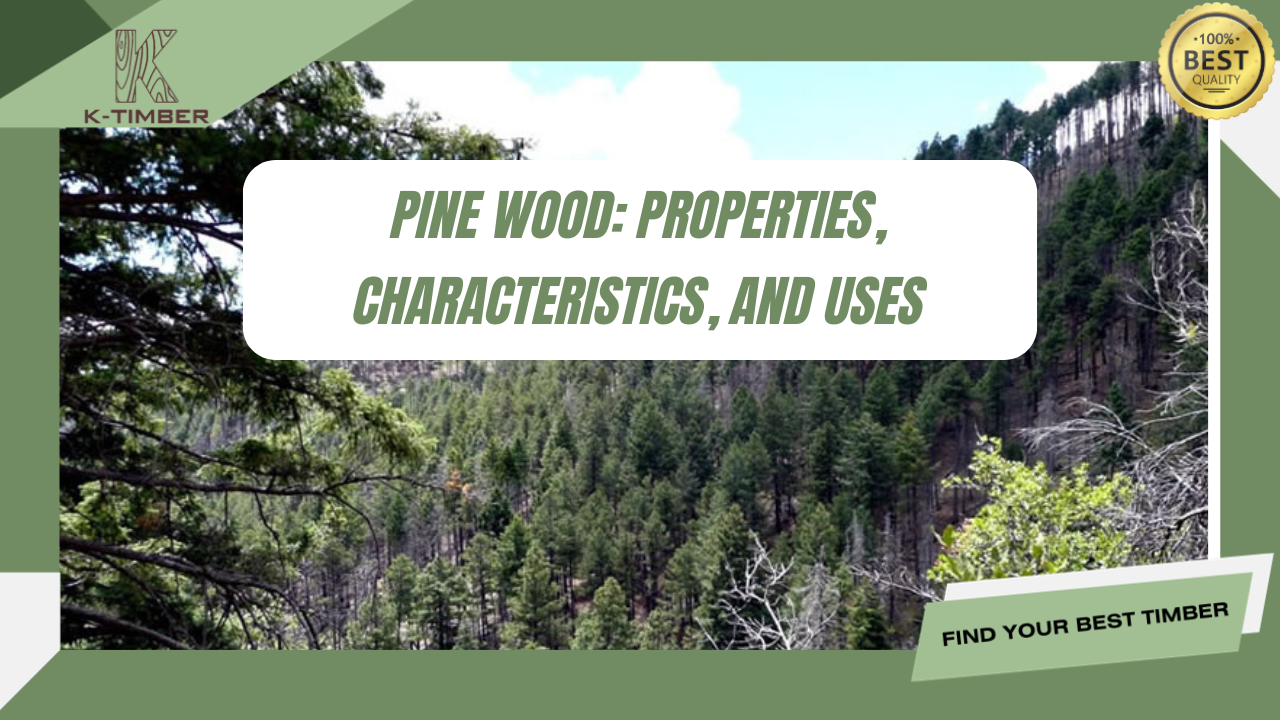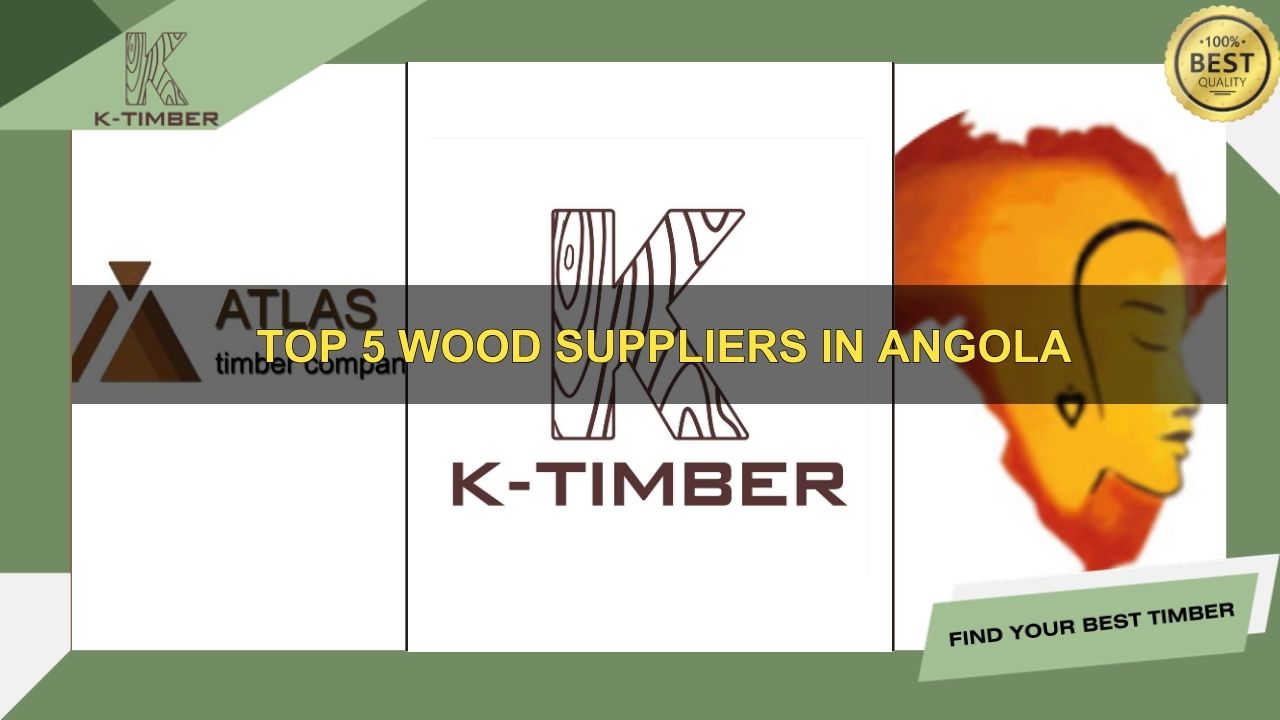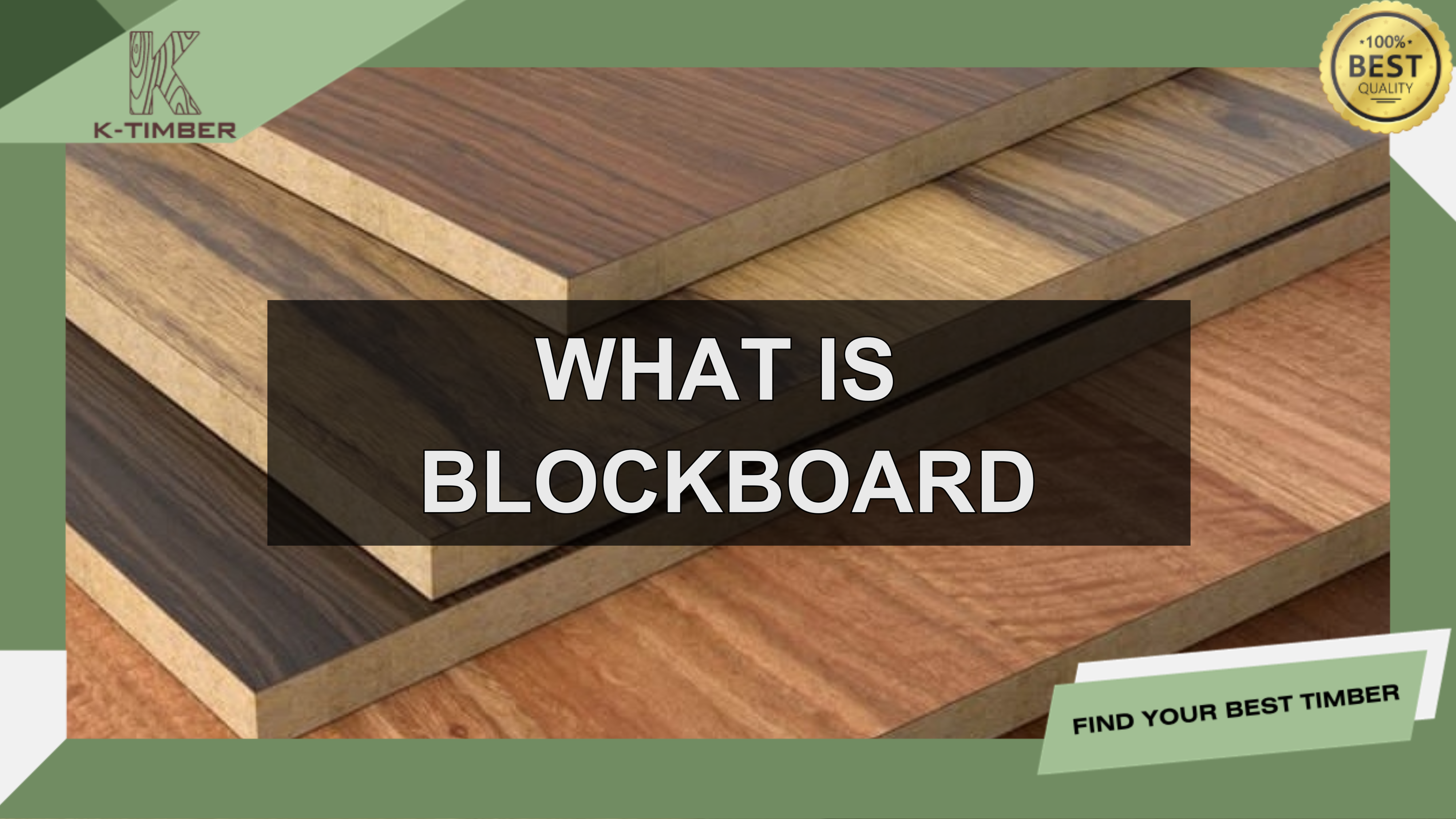Choosing between wood and composite decking is an important decision when creating a new deck in your garden. With so many options available, picking the right material can be tricky. Decking ideas are more versatile than ever, and making your deck stand out can boost your garden’s appeal.
We’ll explore the wood vs composite debate, looking at pros and cons, costs, maintenance, and other key factors to help you decide which option is best for your outdoor space.
Table of Contents
Understanding Wood Decking
Wood decking is made from natural wood, offering a classic, natural look. It’s available in different grades and can be treated to resist rot and insects. However, it requires maintenance, like sanding or refinishing, to keep it looking good over time.
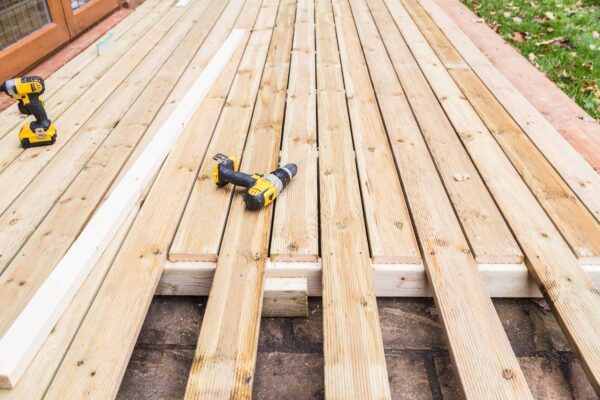
There are two types of wood decking: hardwood and softwood.
- Hardwood comes from slow-growing trees like Padauk, maple, oak, teak, walnut, and iroko, making it durable but more expensive.
- Softwood comes from faster-growing trees like pine or spruce. It’s more affordable but needs treatment to protect it from the elements. Most garden decks use softwood because it’s readily available and cost-effective.
Understanding Composite Decking
Composite decking is a man-made alternative to natural wood, created by combining different materials like wood fibers, plastic, and minerals. It’s designed to mimic the look of wood while offering greater durability and less maintenance.
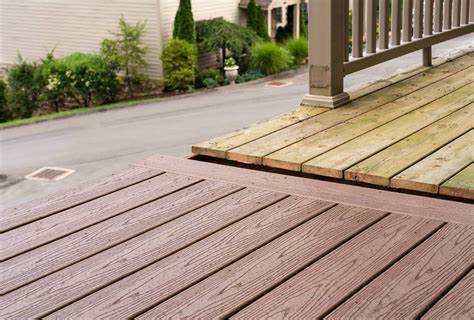
- Wood Plastic Composite (WPC): Made from a mix of natural wood fibers and plastic, WPC is eco-friendly as it often uses recycled materials. It can be painted, sawed, and drilled like wood, but may not be as weather-resistant.
- Cellular PVC: A popular option, made from polyvinyl chloride. It’s water, rot, and insect-resistant, and can be painted. It mimics wood with added grain patterns.
- Mineral-Based Composite (MBC): Known for its strength and stability, MBC resists warping and water damage. However, it’s fully synthetic and less environmentally friendly.
Wood vs Composite Decking: Factors to Consider
Here are key factors to keep in mind when deciding between natural or synthetic materials for your decking.
Cost Comparison: Initial Investment vs Long-Term Value
When considering decking materials, it’s essential to think not only about the upfront costs but also the long-term value and maintenance expenses.
- Initial Cost of Wood Decking:
Wood decking typically comes with a lower upfront cost but requires regular maintenance, including yearly staining and sealing, which adds to long-term expenses. Wood is prone to rot, weather damage, and termites, making its lifespan shorter—typically around 10-15 years. - Initial Cost of Composite Decking:
Composite decking costs more initially but requires very little maintenance, making it more cost-effective over time. Composite decking is highly durable, resistant to rot, insects, and fading, and can last 25-30 years with minimal maintenance.
Environmental Impact
Of course, both types of decking have certain effects on the environment. However, wood decking is a lot more sustainable and environmentally friendly compared to composite decking.

- Wood Decking:
Sustainably sourced wood options, such as FSC-certified lumber, are renewable, though the treatments used to prevent rot can have environmental consequences. - Composite Decking:
Made from recycled materials, composite decking has a lower environmental impact in terms of production and disposal, with the added benefit of a longer lifespan.
Aesthetic and Design Flexibility
Both wood and composite offer distinct advantages depending on your style preferences.
Wood is highly customizable—you can stain or paint it in any color to match your design. Over time, it naturally weathers and develops a unique, aged appearance that adds rustic charm.
Composite, on the other hand, comes in a variety of pre-designed colors and finishes. While it doesn’t age like wood, it maintains a consistent look throughout its lifespan, which appeals to those seeking a low-maintenance, long-lasting aesthetic.
Which is Better for Different Climates?
Weather impacts wood and composite decking differently, so it’s important to carefully consider the climate in the area where you plan to install your deck.
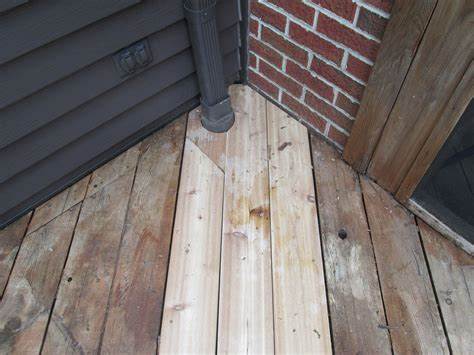
- Wood Decking:
Wood decking is sensitive to changes in humidity, rain, and extreme temperatures, which can cause warping, cracking, and general wear over time. However, choosing more durable hardwoods like Padauk or Iroko can increase the lifespan of your deck and reduce maintenance needs, making it more suitable for different climates. - Composite Decking:
Composite decking generally handles a range of climates well, though it can retain more heat in hot areas. Certain composites, like wood plastic composite (WPC), stay cooler due to their natural fibers. However, materials like cellular PVC can overheat in direct sunlight. Composite’s UV resistance makes it great for sunny locations, and textured surfaces or nonslip coatings help prevent slipping in wet conditions.
Conclusion
In summary, choosing between wood vs composite decking depends on your needs, budget, and climate. Wood offers natural beauty but requires more upkeep, while composite is durable and low-maintenance. If you prefer the charm and longevity of hardwood, K-Timber offers premium options like Padauk and Iroko. Contact K-Timber today to find the perfect hardwood decking for your outdoor space.



